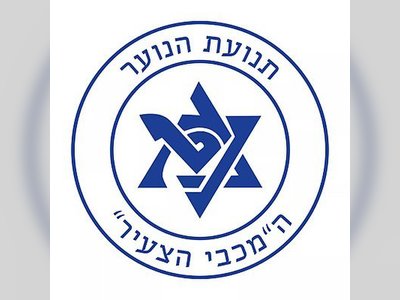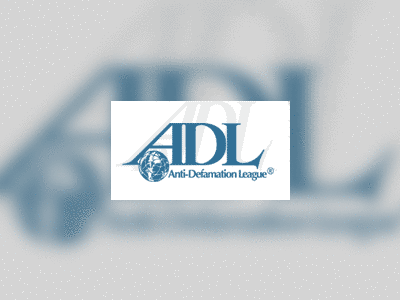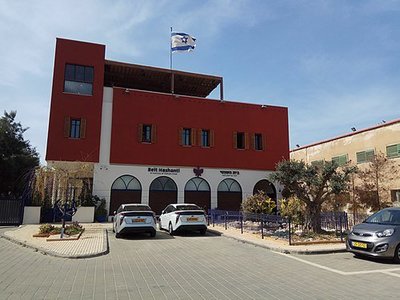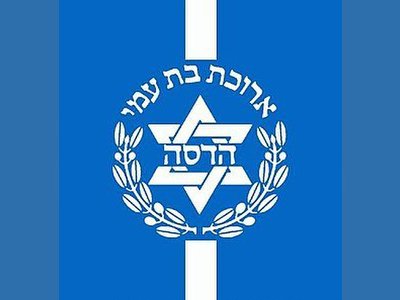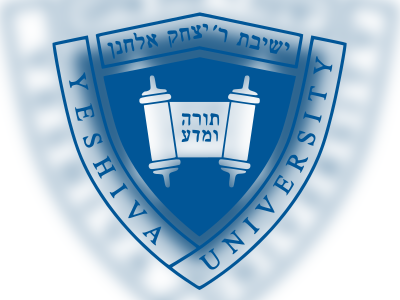מורשת גדולי האומה
בזכותם קיים
beta
"Matzpen (Organization): Israel's Radical Socialist Movement"

Matzpen, or the Israeli Socialist Organization, was a radical left-wing group that challenged the status quo in Israel from the 1960s to the 1980s. Its principles were rooted in socialist ideology, and it played a significant role in promoting critical discourse on issues related to the Israeli-Palestinian conflict. While it was a relatively small organization, its impact and dedication to its principles left a lasting mark on Israel's political landscape.
Matzpen, also known as the Israeli Socialist Organization, was a left-wing radical group that operated in Israel from the 1960s to the 1980s. Founded by four former members of the Israeli Communist Party (Maki), Matzpen advocated for socialist ideals and sought to address the Israeli-Palestinian conflict. This documentary-style article will delve into the organization's background, principles, key members, and its role in Israeli political and social landscape.
Matzpen aimed to establish a socialist revolution based on elected workers' councils and advocated for recognizing the national rights of the Palestinian people.
Prominent members of Matzpen included Akiva Orr, Haim Hanegbi, Moshe Machover, Oded Pilavsky, Aryeh Buber, Yirmiyahu Kaplan, Meir Smorodinsky, and later, Trotskyist activist Nikola Jabara, Dov Shos, and Dawood Turkie. In 1970, the organization was joined by historian Shlomo Sand and legal advocate Leah Tsemel, among others.
While the newspaper was supposed to be published monthly, financial and time constraints sometimes delayed its release. Writing, translation, editing, and layout were all carried out by organization members on a volunteer basis. Some members had backgrounds in journalism, printing, and graphic design, which facilitated the newspaper's production. However, distribution posed challenges, and Matzpen initially used agents before eventually resorting to mail subscriptions and sales by members.
I. Background and Formation:
Matzpen, which means "compass" in Hebrew, emerged in 1962 as a result of the expulsion of four Maki members: Moshe Machover, Akiva Orr, Oded Pilavsky, and Yirmiyahu Kaplan. These individuals were critical of Maki's unreserved support for the Soviet Union and called for open democratic debates within the party on political and ideological matters. Additionally, they criticized the lack of a cohesive plan within Maki for achieving socialism in Israel.Matzpen aimed to establish a socialist revolution based on elected workers' councils and advocated for recognizing the national rights of the Palestinian people.
II. Core Principles:
Starting in 1973, Matzpen defined itself as "an association of revolutionary socialists working based on the Marxist worldview." Their principles revolved around opposing exploitation and oppression, striving for a global socialist revolution, and dismantling existing socio-political systems built on exploitation. Matzpen envisioned a non-hierarchical society where people collectively managed their social affairs and resources, creating a society of free individuals.III. Membership:
Matzpen was a diverse organization that included both Jewish and Arab members. Arabs faced bureaucratic and security challenges that limited their freedom of movement within the organization. The majority of members had previous affiliations with various political groups, including the Israeli Communist Party, Rakah, Hashomer Hatzair, and leftist organizations outside Israel.Prominent members of Matzpen included Akiva Orr, Haim Hanegbi, Moshe Machover, Oded Pilavsky, Aryeh Buber, Yirmiyahu Kaplan, Meir Smorodinsky, and later, Trotskyist activist Nikola Jabara, Dov Shos, and Dawood Turkie. In 1970, the organization was joined by historian Shlomo Sand and legal advocate Leah Tsemel, among others.
IV. Founding of the "Bitaon" (Compass) Magazine:
Matzpen's foundational meeting involved twelve individuals who decided to publish a monthly independent newspaper. Initially, the organization focused on labor unions and professional associations. They saw the newspaper as a tool to disseminate their ideas and engage in democratic discourse. They chose to name the publication "Bitaon" (Compass) to reflect their new direction in politics.While the newspaper was supposed to be published monthly, financial and time constraints sometimes delayed its release. Writing, translation, editing, and layout were all carried out by organization members on a volunteer basis. Some members had backgrounds in journalism, printing, and graphic design, which facilitated the newspaper's production. However, distribution posed challenges, and Matzpen initially used agents before eventually resorting to mail subscriptions and sales by members.
V. Content of "Bitaon" Magazine:
The newspaper mainly reported on Matzpen's activities, offered critiques of the Israeli government and Zionism, and covered topics related to the Israeli-Arab conflict, both within Israel and beyond. It also featured perspectives from various leftist organizations. The first issue was published in November 1962 and had limited circulation. However, after the Six-Day War in 1967, its distribution gradually increased, with thousands of copies printed by the 1970s. Many were sold in Arab communities.- מצפן (ארגון)he.wikipedia.org
